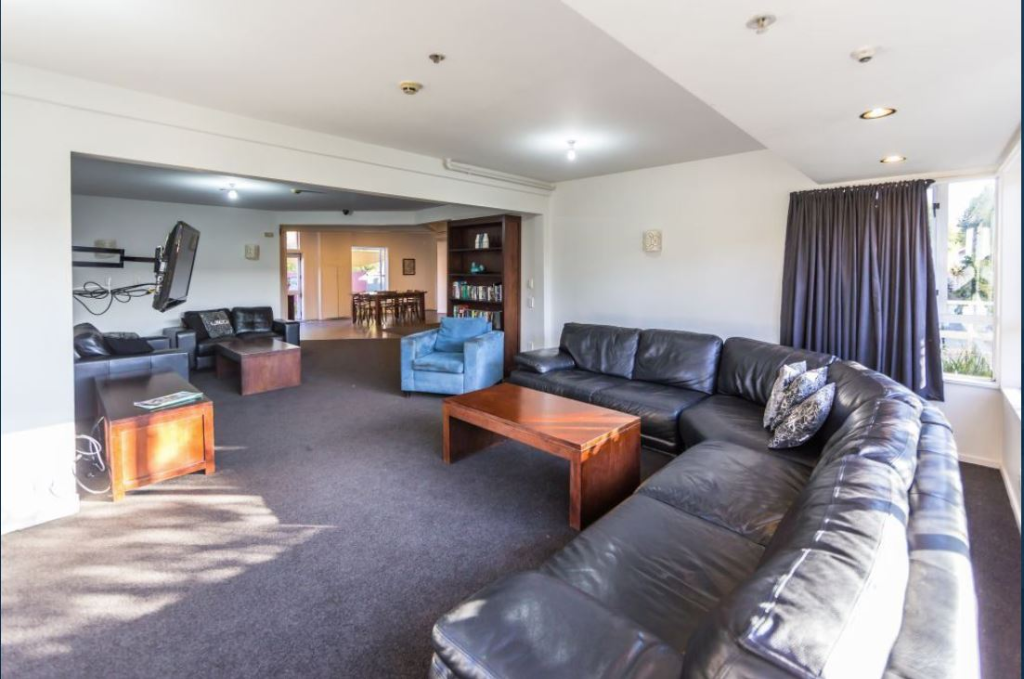

Major Changes to Reform the RTA – Good or Bad?

Major change is on its way mainly around security of tenure and protecting tenants - about a third of New Zealanders now rent with many caught in the rental cycle for life.
“Our tenancy laws are antiquated and don’t reflect the fact that renting is now a long-term reality for many of our families. A third of all New Zealanders now rent,” Phil Twyford said.
“Insecure tenure can force families to continually move house. This is particularly tough on children whose education suffers when they have to keep changing schools.”
“We want to strike a balance between providing tenants with security of tenure and allowing them to make their house a home, while protecting the rights and interests of landlords.”
A discussion document was released in August 2018 and covers proposals on:
- ending no cause terminations while ensuring landlords can still end tenancies for justifiable reasons
- increasing the amount of notice a landlord must generally give tenants to terminate a tenancy from 42 days to 90 days
- whether changes to fixed-term agreements are justified to improve security of tenure
limiting rent increases to once a year - whether there should be limitations on the practice of ‘rental bidding’
- whether the general obligations that tenants and landlords have remain fit for purpose
- how we can better equip tenants and landlords to reach agreement about pets and minor alternations to the home
- whether further controls for boarding houses are needed to provide adequate protection for boarding house tenants
- introducing new tools and processes into the compliance and enforcement system
Overall there are pros and cons for both the tenants and the landlords in the discussion document. There needs to be some careful consideration in regard to any changes that are made to ensure that equality between all parties is maintained. A similar review in Australia took over three years and all points were carefully considered, it is our hope that this review is not rushed through as the changes will have far reaching implications for years to come.
The three main points of concern to us are the ending of fixed term tenancies, allowing tenants to carry out minor alterations and allowing tenants the right to have a pet. Let’s consider these further…
Will the Fixed Term Tenancy be Removed?
The removal of a “no reason” termination or 90 day notice for periodic tenancies will mean landlords won’t be able to end periodic tenancies unless the tenants breach their obligations. The 42 days notice for vacant possession upon confirmation of a sale or if a family member wants to move in will be extended to 90 days.
However, the Government have really covered all bases here and considered, if the above happened, then landlords would move to use fixed term tenancies, still allowing landlords “no reason” terminations at the end of the fixed term.
To prevent this the Government have three proposals:
Providing tenants with a right to extend their fixed-term agreement
This provides tenants with a right to extend or renew their agreement or allow tenants to move onto a periodic agreement provided that the tenant has not breached their obligations during the tenancy. However, an unintended consequence could be landlords issue minor breach notices that would normally be dealt with in a conversation in order to retain the ability to terminate the tenancy at the end of the fixed term.
Specify a minimum length for a fixed-term agreement
There are many landlords who only want to rent their property out for a short period of time. This will affect both tenants and landlords seeking these types of tenancies. This is the less practicable option.
Remove fixed term tenancies altogether
Allowing open ended (periodic) tenancies only – where a landlord can only end if they require the property for another purpose or if the tenant isn’t meeting their obligations is essentially open ended.
This model provides tenants with certainty and flexibility but it creates uncertainty for landlords, many of whom rely on regular cashflow and certainty over a specific period to meet their mortgage obligations. Generally, tenancies ended over Christmas or in winter months are harder properties to rent, subsequently rents drop as landlords fight for the limited amount of prospective tenants looking or properties sit vacant for longer.
Security of tenure for tenants when a property is sold or family wishes to move in would be diminished as landlords could still give the new proposed 90 day notice to vacate.
Landlords with properties catering for the student market around Universities will be very worried at the thought of this suggestion. Currently student landlords require 12 month tenancies but with the new proposal tenants could vacate mid-year or only stay for the nine month student year, leaving the property vacant for three months until Uni starts again. Unfortunately, the only way to combat this would be to achieve the annual rental tariff within the nine month student year – placing an unnecessary financial burden upon the tenants.
The other unforeseen consequence of this is for family holiday homes. Many people rent their holiday home out during the year ending fixed term tenancies prior to Christmas or holiday periods. Requiring the property to have a ‘holiday’ is not a valid reason for giving tenants notice.
Should Tenants be Allowed to Have Pets?
68% of all New Zealand households own a pet this is higher than any other country on the planet. We always encourage Owners to be negotiable on pets when leasing their property otherwise the marketing is only directed to a small proportion of would-be renters. In my experience, a good tenant will be a responsible pet owner. As long as they can supply good overall references, the pet suits the property and they are liable for any damage and carpet cleaning at the end of the tenancy, this change would be acceptable.
Proposal to Allow Tenants to make Minor Alterations
This should be done in consultation with the landlord and there should be no carte blanche rule allowing it to occur. If it was allowed to occur then it would need to be done in a reasonable tradesman like manner to ensure that the value of the property is not diminished, the next thing you know the interior of your house is purple!
Any Thoughts to Aid the Landlord?
In response to all these numerous Government announcements to aid tenants, the New Zealand Property Investors Federation (NZPIF) would like to see changes to help those providing rental properties.
These include:
- Make tenants legally responsible for damage that they cause
- Increase the tenants notice period to match that of the landlords
- Make the cost of heating and insulation tax deductible
- Make it an illegal act of tenants to stop paying rent – perhaps include the ability to charge interest on overdue money, ability to charge overdue rent to a tenant’s credit cards or the legal entitlement to exemplary damages if they don’t pay. Non-payment of rent is one of the biggest financial risks to landlords.
So Where To From Here?
According to Minister Twyford “this is a generational reset of the way we rent in NZ. We want to make life better for renters because at the moment it is a miserable and punishing existence”. For some renters this may be the case but for the majority of renters they live comfortably, have understanding landlords and do not feel threatened. For the many rentals across the country there are bound to be some tragic cases but they would form a very small percentage overall.
When commenting on the proposed changes National’s housing spokesperson, Judith Collins, stated “As usual Mr Twyford’s comments are being made in a vacuum away from reality. He needs to start thinking about the impacts of his vague housing policies and stop loading costs on NZ families. This is an uninformed and knee-jerk decision”.
At the end of the day, we are talking about a $450,000 asset on average and some control must remain with the landlord. We are all for tenants having security of tenure in a warm, dry, secure home provided they meet their responsibilities under the act and viable tools remain to remedy those that don’t.
The consultation period for submission on the changes to the Residential Tenancies Act closes at 6pm on Monday, 22 October 2018.
We encourage you to make an online submission. Information on proposed changes and the submission process for the proposed changes to the Residential Tenancies Act can be found on the MBIE website.


